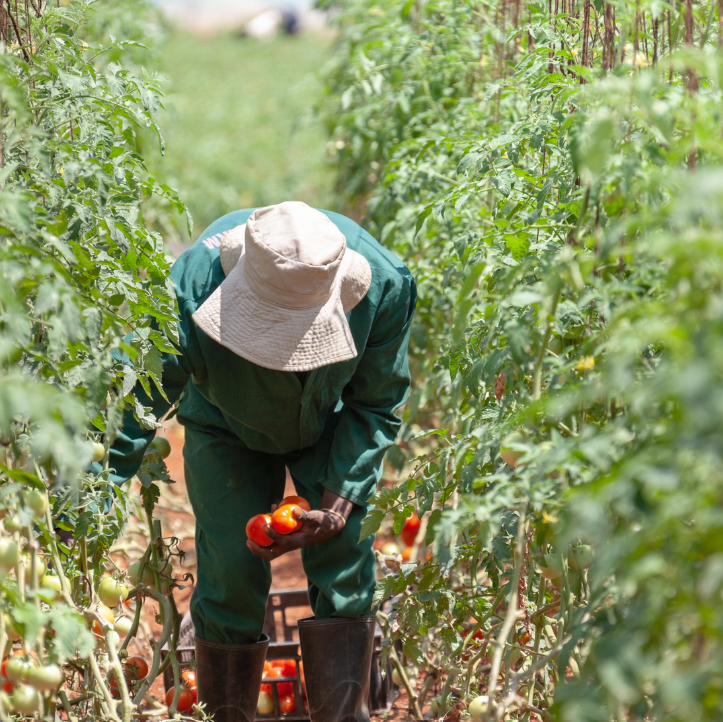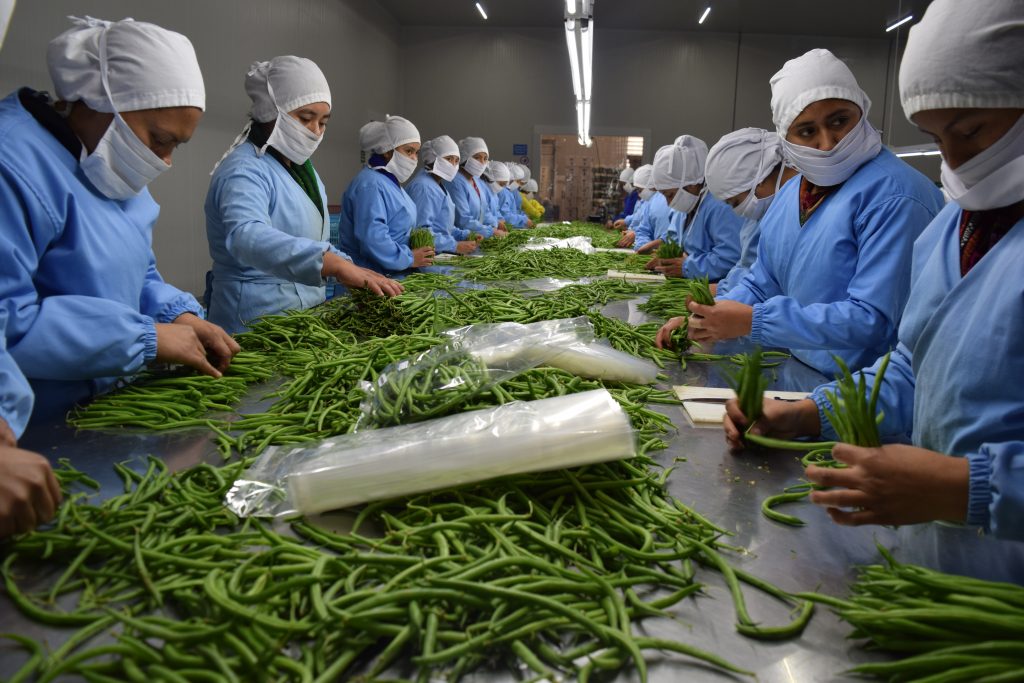Estimated 80,000 farmers to benefit from increased access to finance, improved infrastructure and services and capacity building
___
The World Bank Group’s Board of Executive Directors approved a US$200 million financing to improve the resilience of farmers and small and medium enterprises (SMEs) in the Lebanese agri-food sector in the face of the multiple crises facing the country. The Green-Agri Food Transformation for Economic Recovery (GATE) Project will support productive investments that improve the agriculture sector productivity and enhance access to markets.
The agri-food sector is a lifeline for a large share of the Lebanese poor, providing livelihoods to approximately 20% of the population and contributing to food security. Over the past years, the sector has been severely impacted by the compounded crises in the country. The global rise in the prices of fertilizers and fuel, compounded by the foreign exchange crisis in Lebanon, has severely impacted agricultural production. Farmers and agri-food SMEs have totally lost access to finance due to the financial and banking crisis. The sector’s viability has been further threatened by the breakdown in public service provision, with water and soil quality or basic rural road connectivity rapidly deteriorating. Historically, the sector is characterized by weak integration of value chains, lack of aggregation and poor food safety which limit economies of scale and reduce its competitiveness. All these challenges are further compounded by the impact of climate change and the increasingly scarce water and land resources implying an urgency to adopt climate smart practices and regulations.
“The agriculture sector has a key role in unlocking growth, creating jobs and improving livelihoods particularly in rural areas,” said Jean-Christophe Carret, World Bank Middle East Country Director. “By addressing the main challenges facing farmers and small and medium agri-food enterprises, the GATE project will provide a lifeline to a large share of vulnerable farmers and agri-food SMEs. It will support the recovery of Lebanon’s agri-food sector in the short to medium term and layout a pathway toward its sustainable transformation.”
The new financing provides an integrated support package that aims to address the challenges farmers and agri-food SMEs are facing as a result of the multiple crises. The project will support climate smart investments in agri-food value chains by restoring access to finance for farmers and agri-food SMEs. The project will also support climate smart infrastructure and services for agri-food development in rural areas through the rehabilitation and upgrading of selected irrigation schemes, wastewater and solid waste management facilities, farmers exhibition centers, and through the rehabilitation of rural feeder roads and construction of hill lakes. Project activities will also help improve the enabling environment and restore support services for agri-food development by supporting the digitalization of various practices and functions (agri-census, land productivity map…), strengthening food security and safety management processes and improving agri-food export promotion and marketing systems.
Approximately 80,000 farmers (almost 50% of the total number of farmers), in rural areas across the country are estimated to directly benefit from various project activities including financing, capacity building, improved services and infrastructure. Special attention will be devoted to ensure equal access to opportunities for vulnerable groups, including women and youth. Furthermore, approximately 110 municipalities will benefit from improved services and infrastructure. The project will also preserve livelihood opportunities to more than 22,000 farmers and workers and create around 2200 new job opportunities through improved production capacity at beneficiary SMEs and through public works/rehabilitation of agriculture related infrastructure. A broader range of stakeholders, such as aggregators, traders and exporters and other ecosystem stakeholders, will also benefit from the increased efficiency of marketing, the development of innovations in digital agriculture, improved food safety and quality and export opportunities. The Project will also help improve the overall food safety through safer and better-quality products. Finally, through system building and digitization programs, government implementing agencies will benefit from increased capacity to implement their mandates and to monitor and evaluate the results of their respective programs.
A Project Steering Committee, chaired by the Minister of Agriculture, Minister of Energy and Water and Minister Economy and Trade, will be established to oversee the implementation of project activities, and address issues of a policy nature that might arise during project execution. Overall project implementation will be led by the Council for Development and Reconstruction (CDR). The administration of loans to agri-food SMEs will be implemented by Kafalat S.A.L, while the implementation of infrastructure works in rural communities will be implemented by the Green Plan in close coordination with the respective municipalities and unions of municipalities. The project will strengthen the management of the agri-food sector and cooperation across all relevant institutions to ensure a coordinated approach to achieve sector objectives and provide a path towards broader reforms.
The GATE Project has in place multiple layers of mitigation measures to ensure efficient and transparent implementation of activities under World Bank supervision and following the Bank’s procurement and financial management regulations and procedures. A third-party monitoring agent will ensure all contracts implemented under the Project are effectively processed and implemented, via regular verification missions and reporting processes. An independent external auditor will audit all project operations including cross-verification of the data between the third-party monitoring agent reports and the reports produced by the implementing parties. Finally, as with all World Bank financed project, a grievance redress mechanism will be established to ensure complaints are managed promptly and effectively.

